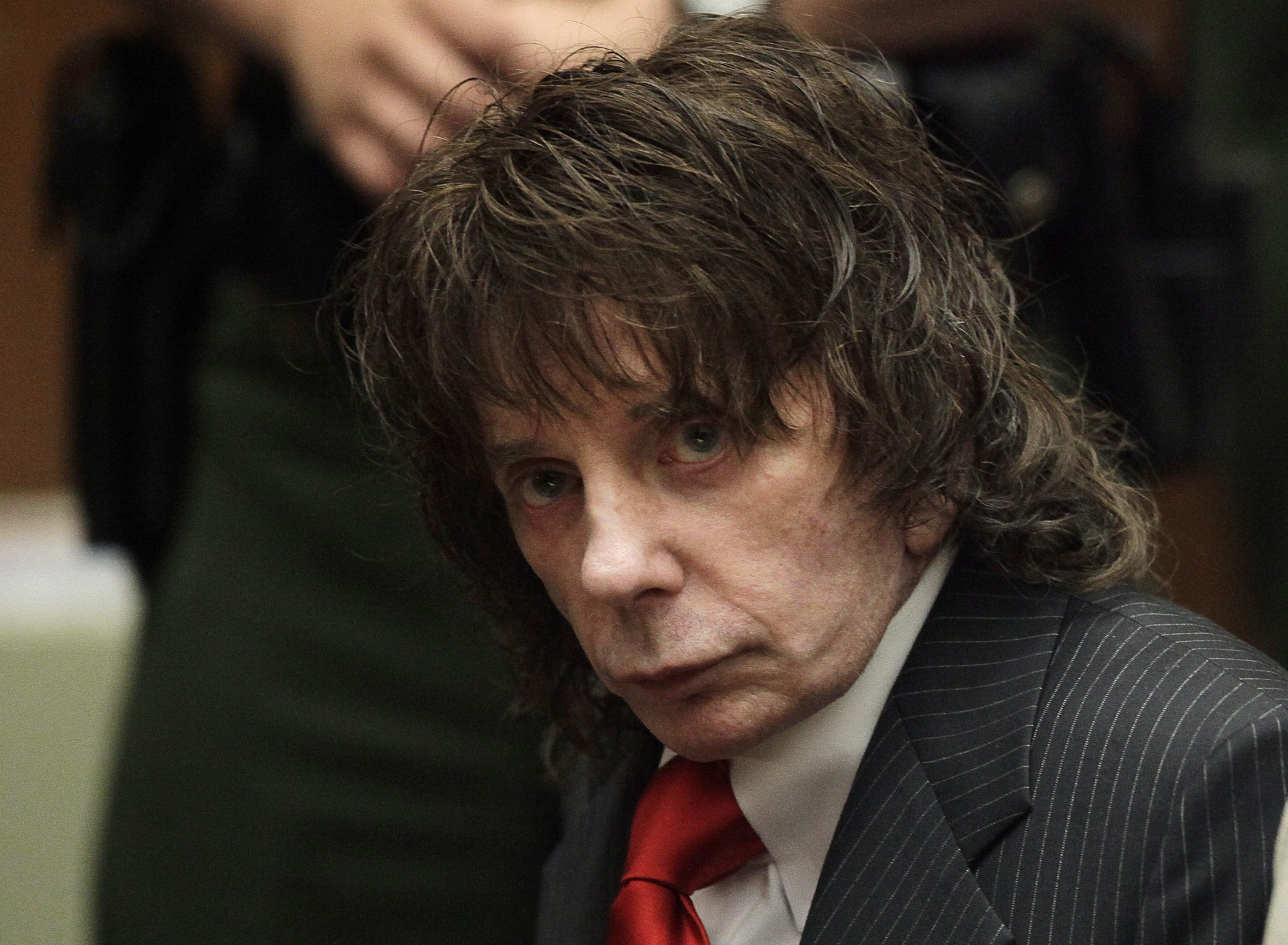The Impact on Society and Culture: Celebrity Deaths

Celebrity deaths – The passing of a beloved celebrity can trigger a profound collective grief that reverberates through society, leaving an indelible mark on popular culture and raising ethical questions.
Psychological Effects on the Public
Celebrity deaths can evoke intense emotions, ranging from sadness and loss to shock and disbelief. The public may feel a personal connection to these figures, who often serve as role models, icons, and sources of inspiration. The sudden loss of such a familiar presence can create a sense of emptiness and vulnerability.
- Identification and Attachment: People often identify with celebrities who embody their aspirations, values, or life experiences. This attachment can lead to intense feelings of loss when the celebrity passes away.
- Emotional Contagion: The emotions expressed by others through social media, news coverage, and public gatherings can amplify the grief experienced by individuals.
- Coping Mechanisms: People may engage in various coping mechanisms, such as sharing memories, attending memorial services, or creating fan tributes, to process their emotions.
Impact on Popular Culture, Celebrity deaths
Celebrity deaths can significantly impact popular culture, shaping the production and consumption of music, movies, and television.
- Music: The passing of a musician can lead to a surge in sales of their music, tributes from fellow artists, and the creation of new songs and albums inspired by their legacy.
- Movies and Television: The death of an actor or director can halt or alter ongoing productions, disrupt storylines, and prompt the recasting of roles.
- Cultural Impact: Celebrity deaths can spark conversations about mortality, the meaning of life, and the enduring power of art.
Ethical Implications of Commercial Exploitation
The tragic passing of a celebrity can raise ethical concerns regarding the exploitation of their image and legacy for commercial gain.
- Unauthorized Merchandise: Unscrupulous individuals may capitalize on the celebrity’s death by producing and selling unauthorized merchandise, such as T-shirts, posters, and memorabilia.
- Media Coverage: Media outlets may sensationalize the celebrity’s death, using it to boost ratings and generate clicks.
- Charity Exploitation: Some individuals may use the celebrity’s name to raise funds for charitable causes, potentially without proper authorization or transparency.
Media Coverage and Public Perception

Celebrity deaths are a major news event, and the media coverage of these events can have a significant impact on public perception of the celebrities and their deaths. Different media outlets may have different biases and sensationalistic approaches in their coverage, which can influence how the public perceives the celebrity and the circumstances surrounding their death.
Biases and Sensationalism in Media Coverage
The media often has a vested interest in presenting a particular narrative about a celebrity’s death, and this can lead to biased or sensationalistic coverage. For example, a celebrity who dies in a tragic accident may be portrayed as a victim, while a celebrity who dies of a drug overdose may be portrayed as a reckless addict.
- Selective reporting: Media outlets may choose to focus on certain aspects of a celebrity’s death while ignoring others. This can create a distorted view of the event and the celebrity’s life.
- Sensational headlines: Media outlets often use sensational headlines to grab attention, even if the headlines are not accurate or respectful of the celebrity or their family.
- Speculation and rumors: Media outlets may speculate about the cause of a celebrity’s death or the circumstances surrounding it, even if there is no evidence to support their claims.
Influence of Media Coverage on Public Perception
The media’s coverage of celebrity deaths can have a significant impact on public perception of the celebrities and their deaths. For example, a celebrity who is portrayed as a victim may be mourned by the public, while a celebrity who is portrayed as a reckless addict may be judged or criticized.
- Public opinion: Media coverage can shape public opinion about a celebrity’s death and the circumstances surrounding it.
- Celebrity legacy: Media coverage can influence how a celebrity is remembered and how their legacy is shaped.
- Public discourse: Media coverage of celebrity deaths can spark public discourse about important issues, such as mental health, addiction, and the role of the media in society.
In the tapestry of life, celebrity deaths often leave a profound void. The recent news of Duvall’s passing has sent shockwaves through the entertainment industry. His untimely departure serves as a poignant reminder of the ephemeral nature of fame and the fragility of human existence.
Yet, amidst the sorrow, we find solace in the legacy he leaves behind, a testament to the enduring power of art and the enduring spirit of those who touch our lives.
Celebrity deaths often leave us with a sense of loss, and the recent passing of Richard Simmons has been no exception. His cause of death, richard simmons cause of death , has been the subject of much speculation, but it’s important to remember that the details of such personal matters should be treated with respect.